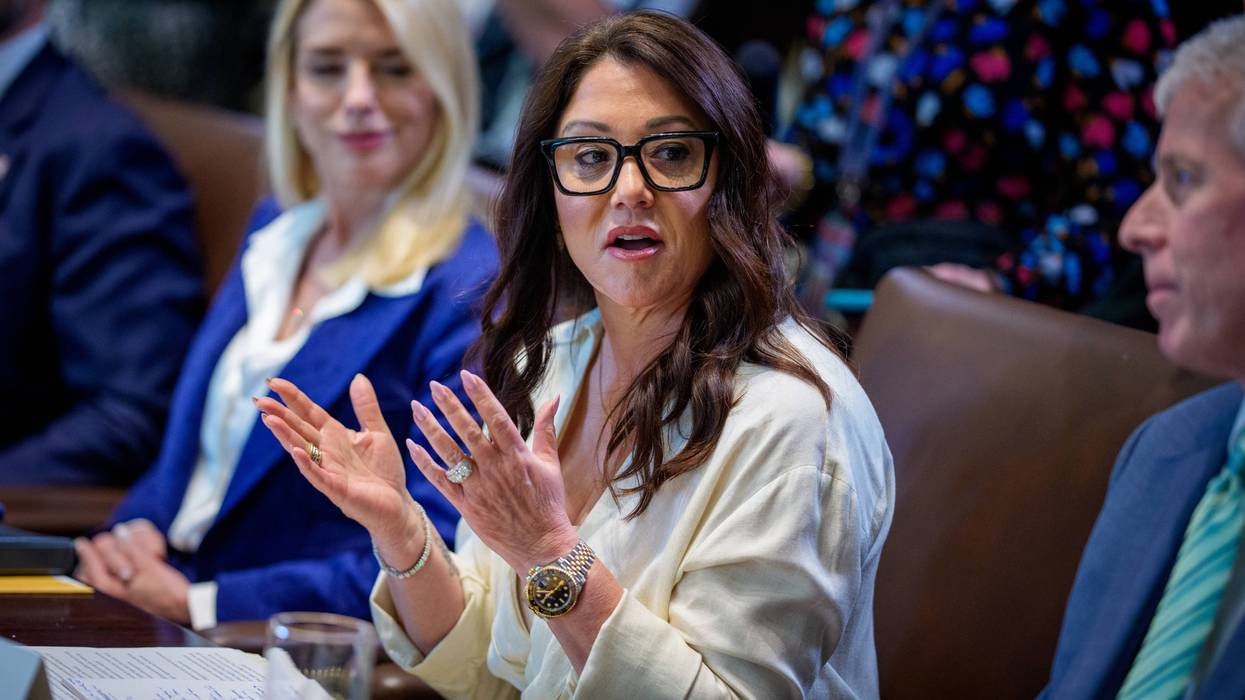In a letter sent today to the Principal Deputy Assistant Attorney General, Renata Hesse, the American Antitrust Institute (AAI), Food & Water Watch (FWW) and National Farmers Union (NFU) urged the U.S. Department of Justice (DOJ) Antitrust Division to challenge the proposed merger of Dow Chemical Co. and DuPont Co.
The letter details the group's analysis of the proposed merger that would create the largest biotechnology and seed firm in the U.S. The deal would further consolidate an already highly concentrated biotechnology industry and would likely curtail innovation, raise prices, and reduce cultivation choices for farmers, consumers and the food system.
AAI, FWW, and NFU urge the DOJ to critically review the implications of the pending deal. The letter unpacks three major areas of concern, including eliminating head-to-head competition in the corn and soybean markets, reducing vital innovation competition, and creating a large, integrated "platform" of traits, seeds, and chemicals that would make it harder for smaller biotechnology rivals to compete.
The groups point out that aggressive consolidation in agriculture, specifically in the agricultural inputs sector, has changed the landscape for independent crop input companies as well as for independent producers. The current rumored or announced deals--including Dow-DuPont, ChemChina-Syngenta, and Bayer-Monsanto--would be a third wave of consolidation. Two previous merger waves eliminated the majority of small to medium-sized biotechnology R&D firms to create the Big Six--Monsanto, Syngenta, Bayer, DuPont, Dow and BASF.
"Any consolidation among the Big Six firms should raise significant antitrust concerns. We encourage the DOJ to move to stop it, as it has in other recent and unfixable mergers that would leave only a few large players," explained AAI's President, economist Diana Moss.
Investor documents note that elimination of duplicative research and development programs will contribute to the $1.3 billion in cost synergies produced by a merger of Dow's and DuPont's agriculture assets. But competitive R&D investments have been "crucial for driving innovation in an industry where the probability of commercial success is relatively low due to the time and cost associated with bringing a trait from research to market," the letter explains.
"The Department of Justice must block this biotechnology mega-merger that would raise farmers' prices and severely limit the choices for farmers, consumers and rural communities," said Food & Water Watch executive director Wenonah Hauter. "Today's wave of agribusiness and food company mega-mergers is surrendering our food system to a corporate cabal that thwarts our efforts to build an fair and healthy food system."
The proposed merger would create a powerful duopoly between Dow-DuPont and Monsanto. Together, the two companies would control 76% of the market for corn and 66% of the market for soybeans, giving them the power to charge farmers higher prices and effectively decide which seeds farmers could plant.
"Seed costs are the highest input expense for farmers. While some of the cost can be attributed to more sophisticated technology, we have seen time and again that consolidation and market restructuring has increased the cost of crop inputs. In a lagging farm economy with multi-year trends of low commodity prices, additional cost increases for crop inputs could cripple a lot of family farms in this country," said NFU President Roger Johnson.
The groups conclude that the proposed Dow-DuPont merger "would be difficult, if not impossible, to remedy." The letter notes accumulating evidence on failed remedies in other mergers, the difficulty of finding viable buyers of to-be divested assets, and the ineffectiveness of divesting assets to other members of the Big Six firms.
The letter can be read in its entirety here.





